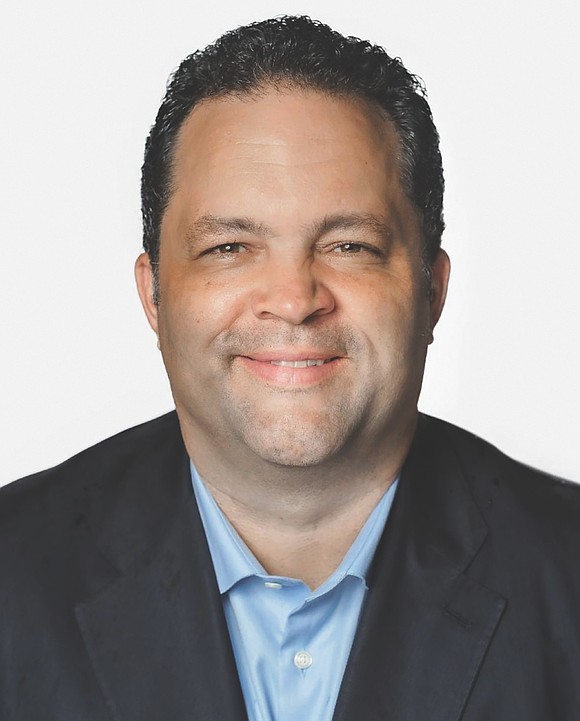Young people must defend democracy in dark times by Ben Jealous
11/6/2025, 6 p.m.
We just fell back. The season of darkness is coming. But this year, more than any I can remember, that darkness feels existential, not just seasonal.
As a professor, I’ve watched it settle over my students throughout 2025 like fog. They talk about despair as if it’s wrapping its fingers around their throats. They talk about how the news makes them want to pull the covers over their heads every day.
What do I say to them?
Read more history. Find the lesson and the mission: the 20s are always terrible, so keep your eye on the prize that will be the 2070s and get us there with democracy intact.
History — that patient teacher, that relentless witness — has something to say about tomorrow.
My family has been taking notes for 400 years. American centuries follow 100-year cycles. Within those cycles, every “20s” decade is a crucible of cruelty. Every “70s” brings bold rays of light breaking through.
The 1620s were the dawn of the African slave trade in Virginia, when many of my nameless African ancestors arrived alongside the European ones who enslaved them. The 1670s brought Bacon’s Rebellion, called by many a rehearsal for the American Revolution. My ancestor Giles Bland was killed taking up arms against Virginia’s Royal Governor William Berkeley.
The 1720s. Richard Bland was just a young boy when Virginia passed a law in 1723 making it nearly impossible to free enslaved people. Not long after, he would be old enough to understand that some of the people enslaved by families like his shared their bloodlines, even as the church insisted they were inferior. But when the 1770s came, he helped write the words with his cousin Thomas Jefferson that founded the nation: All men are created equal.
In a slave state like Virginia, they had to know those words were catalytic — that once spoken, they could not control how they would reshape the world. Jefferson himself trembled at what he had set in motion. Yet he — and Richard — spoke the words anyway.
A century later, Frederick Bland endured the 1820s and 1830s. When his son, Edward David, was born in the 1840s, he began guiding him so that by the time both gained their freedom, Edward was ready to rise and help lead their neighbors in seizing the opportunities of the 1870s. From the same house where ancestors had been held in bondage came a father and son preparing a community for a new era of freedom and civic engagement.
Another century turned. My grandmother, Mamie Bland, was born in 1916 in southern Virginia, not far from the Jordan’s Point plantation where Richard Bland lived. The 1920s slammed doors shut everywhere. Virginia’s Racial Integrity Act banned interracial marriage. The Immigration Act closed America’s doors. The Ku Klux Klan reached its peak — millions strong — motivated equally by their demonization of Catholic immigrants and Jews as by their hatred of Black Americans. America First meant America for white Protestants only.
But Mamie survived to see the 1970s. All of her daughter and son-in-law’s activism of the 1950s and 1960s bore fruit. Desegregation went into high gear. The Vietnam War ended.
Interracial couples like my parents enjoyed the first decade in which their marriages were legal in every state.
Now we are here. The 2020s. I am raising two children in this darkness. Ten generations of my family have witnessed this pattern. We have reached every “70s” only because young people in every “20s” refused to give up. They organized, protested, voted, ran for office and defended democracy when it seemed weakest.
The job of America’s young people today is to do the same. If present and future generations rise to these challenges the way our ancestors did, democracy will not only survive, the nation will thrive again.
Because here in America, the darkest hour has never been the last hour.
Keep your eye on the prize.
The writer is a professor of the practice at the University of Pennsylvania.







